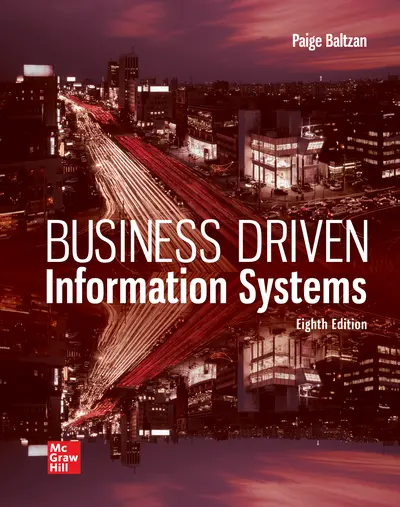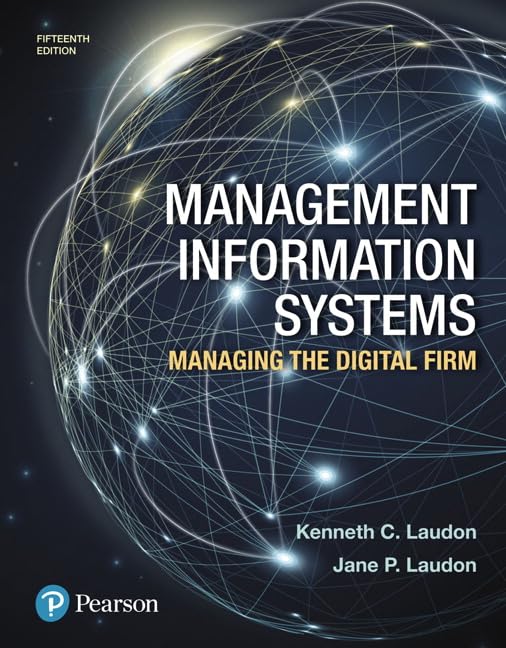Business Driven Information Systems – Paige Baltzan
Information Systems for Managers: Text and Cases – Gabriele Piccoli
Essentials of Management Information Systems – Kenneth C. Laudon and Jane P. Laudon
Management Information Systems: Managing the Digital Firm – Kenneth C. Laudon and Jane P. Laudon
- 1
- 2




